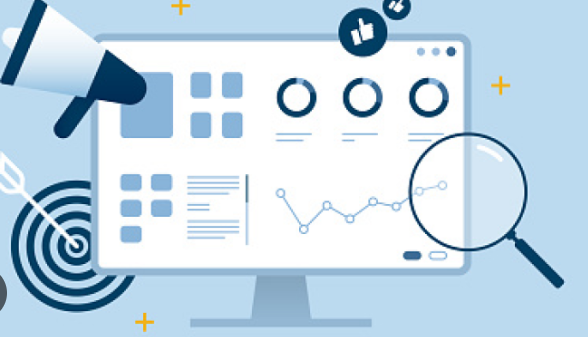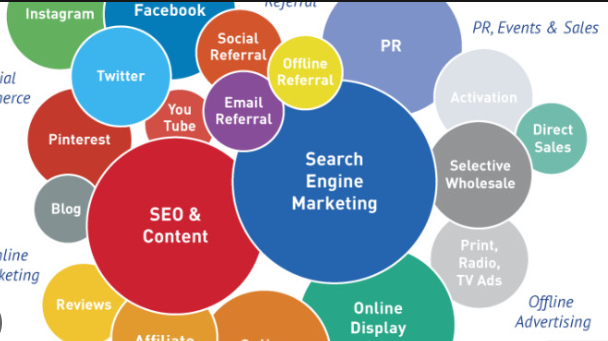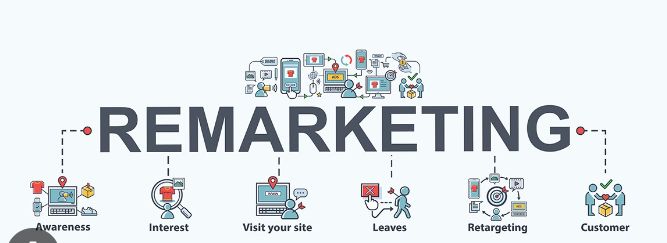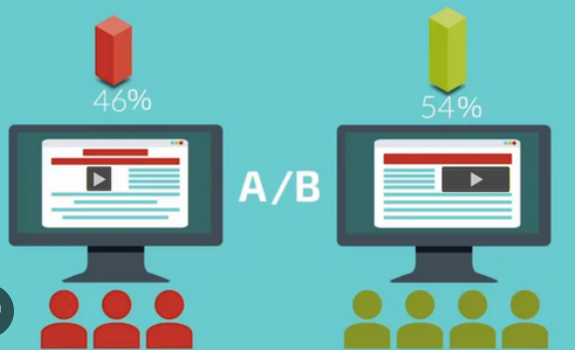Google Ads vs. Facebook Ads: Which is Right Advertisement? – An Ultimate Guide
In the ever-evolving landscape of digital marketing, choosing the right platform for your advertising campaigns is crucial. Furthermore, Among the frontrunners in the advertising game are Google Ads and Facebook Ads. Each platform offers distinct advantages and caters to different types of audiences. Understanding their strengths and weaknesses will help you make an informed decision based on your specific business goals and target demographics. Maximize your online presence with targeted Advertisement strategies. Additionally, Explore the power of Google Ads and Facebook Ads to reach your audience effectively. Elevate your digital marketing game with expert insights and techniques.
https://www.wordstream.com/facebook-vs-google
Google Advertisement: Navigating the Search Engine Terrain
Strengths:
- Intent-Driven Audience: Google Ads leverages the power of search intent. When users enter a query on Google, they are actively seeking information, products, or services related to their search. Additionally, This means your ads are reaching an audience that already has a certain level of interest or need.
- Keyword Targeting: With Google Ads, you can bid on specific keywords. Additionally, This allows you to align your ad content with user queries, increasing the likelihood of your ad being relevant to their search.
- Ad Extensions: Google Ad provides various ad extensions like site links, callouts, and location information. These extensions give you more space and options to showcase additional information, which can enhance your ad’s appeal and drive more clicks.
- Remarketing: Google Ad offers powerful remarketing capabilities. You can target users who have interacted with your website or app in the past. Additionally, This is an excellent way to re-engage potential customers who may not have converted initially.
Weaknesses:
- Cost Per Click (CPC): Depending on your industry and chosen keywords, Google Ads can be relatively expensive, especially for competitive niches. Additionally, You may need to carefully manage your budget to ensure a positive return on investment.
- Limited Visual Impact: Google search ad are primarily text-based, so they don’t provide the same level of visual engagement as other platforms like Facebook.
- Potential for Ad Fatigue: Due to the text-heavy nature of Google Ad, there’s a risk of ad fatigue if your content isn’t regularly updated or refreshed.

Facebook Advertisement: Targeting the Social Scene
Strengths:
- Detailed Targeting Options: Facebook’s extensive user data allows for highly specific audience targeting based on demographics, interests, behaviors, and even life events. This level of granularity can help you reach the exact audience you have in mind.
- Visual Appeal: Facebook is a visual platform, and ad can include images, videos, carousels, and more. This can lead to higher engagement rates compared to text-based ad.
- Engagement and Interaction: Users on Facebook are accustomed to engaging with content, including ads. They can like, share, comment, and even click through to your website or landing page directly from the ad.
- Conversion Tracking and Analytics: Facebook provides robust tools for tracking the performance of your ad. You can monitor metrics like click-through rate, conversion rate, and return on ad spend.
Weaknesses:
- Scrolling Behavior: On Facebook, users are often in a browsing mindset rather than actively searching for specific products or services. This means you may need to work harder to capture their attention and interest.
- Ad Fatigue and Banner Blindness: Given the high volume of content on Facebook, users can develop ad fatigue or banner blindness. To combat this, it’s important to create visually appealing and relevant ad.
- Privacy Concerns: Facebook’s handling of user data has come under scrutiny, which may affect user trust. Additionally, It’s essential to be transparent and mindful of privacy concerns in your advertising efforts.

Finding Harmony: Combining Google Ads and Facebook Ads
While Google Ad and Facebook Ad offer distinct advantages on their own, their strengths can be amplified when used together in a cohesive advertising strategy.
1. Cross-Channel Consistency Advertisement
By utilizing both platforms, you can maintain a consistent brand presence across different channels. Furthermore, This reinforces brand recognition and trust among potential customers, as they see your ads on both search engines and social media.

2. Full-Funnel Marketing Advertisement
Google Ads is particularly effective for capturing users in the consideration and decision stages of the buyer’s journey, where they are actively searching for solutions. Facebook Ads, on the other hand, excels at creating awareness and nurturing leads in the early stages. Furthermore, By combining these platforms, you cover the entire marketing funnel, from awareness to conversion.

3. Remarketing Power Advertisement
Leveraging Google Ad for remarketing to users who have visited your website, and Facebook Ad for targeting those who have engaged with your brand on social media, can be a potent combination. Furthermore, This approach keeps your brand at the forefront of potential customers’ minds and encourages them to convert.

4. A/B Testing and Optimization Advertisement
Running parallel campaigns on both platforms allows for A/B testing of ad creatives, messaging, and targeting strategies. Furthermore, This enables you to gather valuable data and insights that can be used to refine and optimize your overall advertising efforts.

5. Diverse Audience Reach Advertisement
Both platforms have unique user bases. Google has a vast audience actively searching for specific products or services, while Facebook offers a broader, socially-engaged audience. Furthermore, By utilizing both, you can tap into different demographics and behavior patterns.

6. Budget Allocation Flexibility Advertisement
Balancing your budget between Google Ad and Facebook Ad allows you to allocate resources based on campaign performance. If one platform consistently provides a higher return on investment, you can adjust your budget accordingly to maximize results.

7. Comprehensive Analytics Advertisement
Both Google Ad and Facebook Ad provide detailed analytics and reporting tools. Furthermore, By examining the performance metrics on each platform, you can gain insights into what’s working best for your specific campaigns and make data-driven decisions.

Conclusion: The Power of Integration
In the dynamic world of digital advertising, there is no one-size-fits-all solution. Furthermore, The choice between Google Ad and Facebook Ad, or the decision to use both, should be based on your business goals, target audience, and the nature of your products or services.
Remember, successful advertising often requires a degree of experimentation and adaptation. Regularly analyzing the performance of your campaigns and making adjustments based on data-driven insights is key to achieving long-term success in the digital advertising space. Furthermore, By strategically combining the strengths of Google Ads and Facebook Ads, you can create a powerful and dynamic marketing strategy that maximizes your reach and impact.
